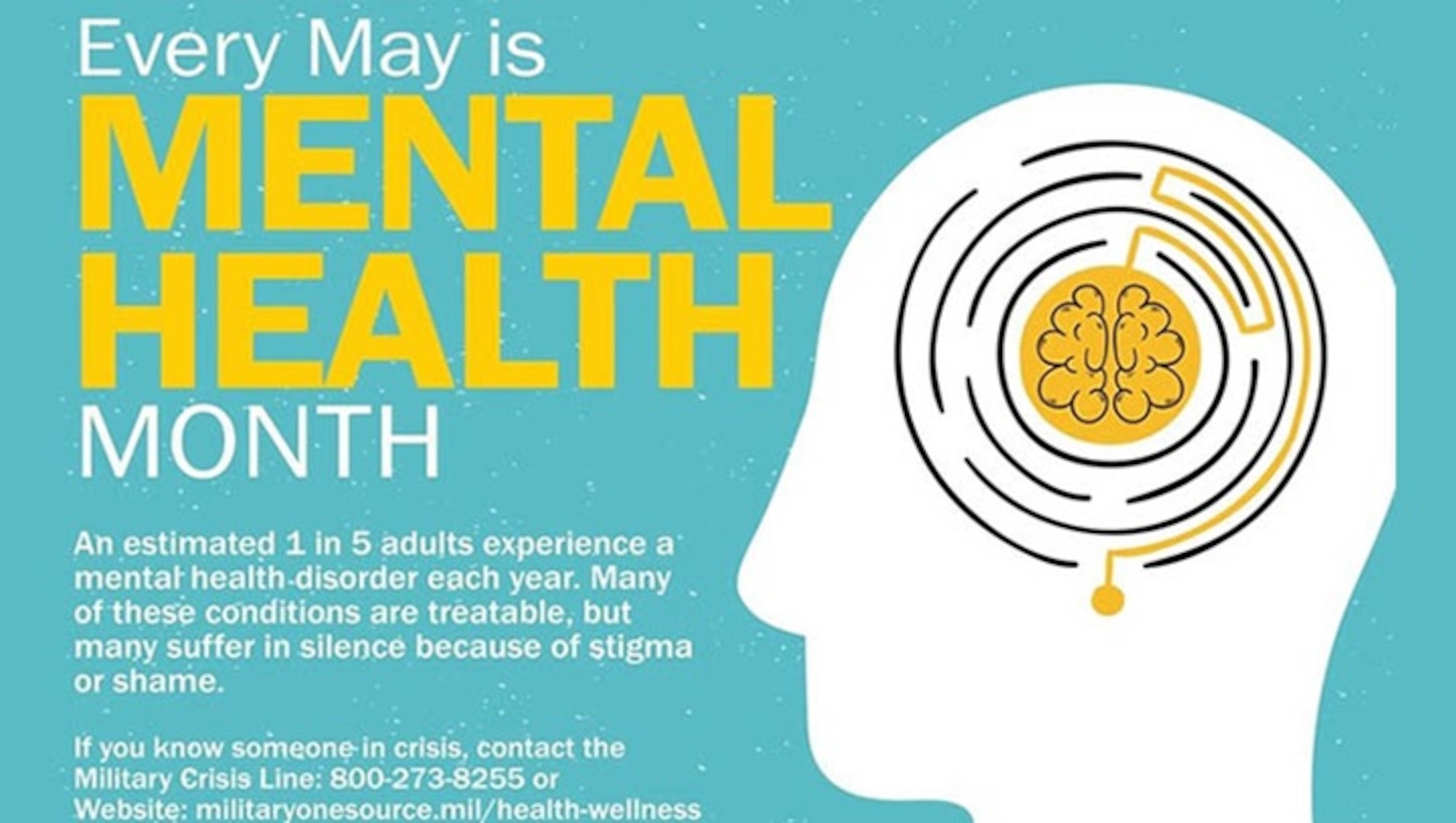Comprehensive Inpatient Mental Health Providers for Effective Therapy
Inpatient mental health solutions represent an important part of the healthcare system, offering a organized and intensive environment for people experiencing extreme emotional distress. These services use a multidisciplinary approach, incorporating numerous evidence-based treatments to resolve the complicated demands of people. Nonetheless, the efficiency of such thorough treatment extends past instant stabilization; it additionally encompasses the change to outpatient assistance, an essential stage frequently neglected. Checking out the nuances of this continuum discloses substantial ramifications for both individual recovery and broader psychological health and wellness results. What factors truly influence this shift, and exactly how can we boost its effectiveness?
Comprehending Inpatient Mental Health And Wellness Solutions
Inpatient mental health and wellness services give essential support for individuals experiencing serious emotional distress that can not be handled properly in an outpatient setting. These services are designed to supply an extensive level of care in an organized environment, frequently within a hospital or specialized facility. Patients confessed to inpatient programs generally display intense symptoms, such as self-destructive ideation, severe depression, or psychosis, demanding continuous surveillance and treatment.
The admission process usually involves a thorough analysis by psychological wellness professionals, who assess the person's psychological state, history, and prompt requirements. Once admitted, individuals involve in a variety of healing methods customized to their specific needs, including drug administration, private therapy, and team sessions. This alternative method intends to stabilize the person's problem, promote safety and security, and foster coping abilities.
Inpatient psychological health services not only address prompt health and wellness concerns yet additionally act as a bridge to ongoing treatment. By providing a regulated setting, these solutions help with the development of treatment plans that can be proceeded in outpatient setups, thus ensuring a continuum of care and improving lasting results for people with intricate psychological health and wellness needs.
Key Components of Effective Treatment
Effective therapy in inpatient mental wellness solutions consists of several crucial elements that promote recovery and stablizing. Firstly, a comprehensive evaluation is vital to recognize the person's certain demands and difficulties. This analysis informs the development of a customized treatment plan, which works as a roadmap for intervention.
One more vital part is the multidisciplinary team method. Collaboration amongst psychiatrists, psychologists, registered nurses, and social workers ensures that various viewpoints add to the patient's treatment, enhancing the efficiency of treatment. Evidence-based restorative modalities, such as cognitive-behavioral treatment (CBT) and dialectical behavior modification (DBT), are additionally important, giving structured methods that attend to maladaptive idea patterns and behavioral concerns.

Finally, a concentrate on aftercare preparation is vital to ensure a seamless change to outpatient solutions, decreasing the risk of regression and advertising long-lasting health. These collective elements create a reliable treatment structure within inpatient psychological health and wellness services.
Advantages of Comprehensive Treatment

Extensive care in inpatient mental wellness solutions provides many benefits that significantly boost client outcomes. One of the primary benefits is the holistic approach to therapy, dealing with not just the psychological signs yet additionally the physical, social, and psychological requirements of clients. This complete evaluation enables for tailored treatments that advertise general well-being.
An additional advantage is the assimilation of multidisciplinary groups, which fosters partnership among medical care experts. This collaborative atmosphere ensures that clients receive collaborated treatment, minimizing the threat of fragmented therapy and boosting communication among caregivers. In addition, detailed treatment assists in connection of solutions, home permitting for seamless changes from inpatient to outpatient settings, which is important for long-term recuperation.

Last but not least, the structured setting of detailed inpatient treatment gives a secure space for individuals to engage in therapeutic tasks, aiding them establish coping methods and durability. Collectively, these advantages contribute to a lot more effective therapy and improved a fantastic read quality of life for individuals experiencing mental health situations.
Evidence-Based Restorative Approaches
In the world of mental health and wellness therapy, evidence-based restorative methods play check this a vital function in making certain that patients get efficient and clinically sustained treatments. These strategies incorporate the finest readily available research with professional experience and individual values, fostering a customized therapy experience that addresses individual needs.
Cognitive Behavior Modification (CBT) is one of the most extensively identified evidence-based approaches, focusing on identifying and changing adverse idea patterns and actions. This structured approach has actually shown efficacy in treating conditions such as anxiousness, ptsd, and anxiety. In A Similar Way, Dialectical Actions Treatment (DBT) is especially reliable for individuals with borderline personality condition, stressing the advancement of emotional guideline and social performance skills.
In addition, medicine administration is commonly an essential element of evidence-based therapy, as psychotropic medications can relieve signs and symptoms and boost general performance. Collaborative treatment designs, which involve multidisciplinary groups, even more boost the effectiveness of inpatient services by making sure thorough assessments and continual monitoring.
Eventually, the combination of evidence-based restorative strategies not only promotes positive professional results yet also empowers people, cultivating a sense of agency and durability in their psychological health and wellness journeys.
Transitioning to Outpatient Support
The change from inpatient psychological health services to outpatient support marks an essential stage in an individual's recuperation journey. This period needs mindful planning and sychronisation to make certain continuity of care and to reduce the risks of regression or dilemma. Effective discharge planning must commence early in the inpatient keep, including a multidisciplinary team that includes psychoanalysts, psychologists, nurses, and social workers.
Crucial element of a successful change include the advancement of a detailed aftercare strategy customized to the person's particular needs. This plan needs to describe follow-up consultations, drug administration, and restorative treatments, as well as determine community sources and support system that can facilitate ongoing recovery.
In addition, individual and family members education and learning is essential during this phase. Comprehending the indicators of potential troubles and the importance of adhering to therapy can empower people and their support systems.
Routine follow-up and review of the outpatient strategy are vital to attend to evolving difficulties. By fostering a collaborative relationship in between inpatient and outpatient companies, the probability of continual recuperation boosts, inevitably boosting the patient's lifestyle and lowering the threat of readmission.

Verdict
In recap, extensive inpatient psychological health solutions supply a crucial framework for resolving extreme mental distress through a multidisciplinary strategy. By integrating evidence-based therapies, cultivating a structured setting, and promoting household involvement, these solutions improve therapy performance. The emphasis on stability and the development of dealing abilities not just help in immediate healing however additionally helps with a smoother change to outpatient care. Inevitably, such thorough care is vital for lasting psychological health and well-being.
The admission process usually involves a comprehensive assessment by psychological health and wellness specialists, that assess the person's psychological state, background, and prompt requirements.Reliable treatment in inpatient psychological wellness solutions makes up a number of vital elements that foster recovery and stablizing.Extensive treatment in inpatient psychological health services supplies numerous advantages that considerably boost patient results.The change from inpatient psychological health services to outpatient assistance marks an essential phase in an individual's healing journey.In recap, comprehensive inpatient mental wellness solutions supply an essential structure for dealing with serious psychological distress via a multidisciplinary strategy.